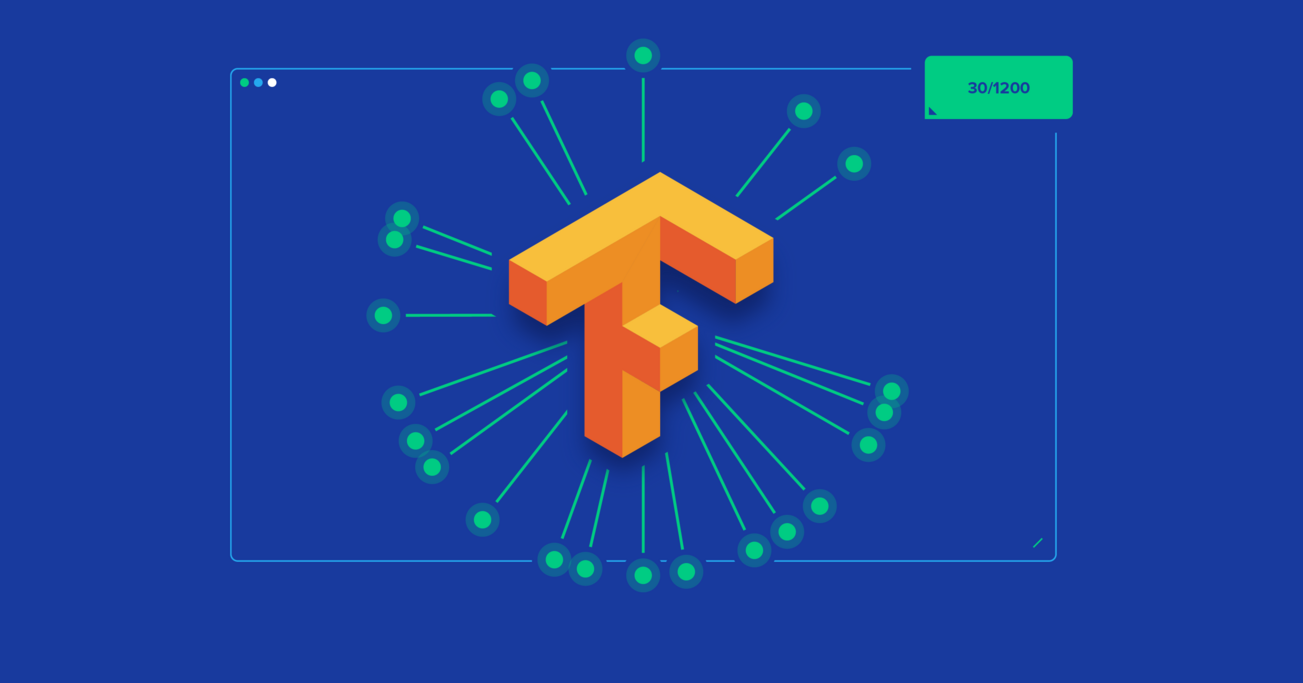
TensorFlow is a popular open-source machine learning framework developed by Google that is widely used in data science for various tasks, including deep learning, neural networks, and other machine learning applications. Additionally, Training in TensorFlow for data science great choice, as TensorFlow one of the most widely used deep learning frameworks
Here are some key aspects of using TensorFlow in data science:
1.Installation:
To get started with TensorFlow, you can install it using pip:
pip install tensorflow
2.Creating a Computational Graph:
TensorFlow uses a computational graph to represent and compute operations. You define the operations (nodes) and their connections (edges) to create a graph. This graph then executed in a TensorFlow session.
3.Tensors:
TensorFlow uses tensors, which are n-dimensional arrays, as the fundamental data structure. Tensors hold the data that flows through the computational graph.
4.Building Models:
Data scientists often use TensorFlow to build machine learning models. You can create models for tasks like classification, regression, clustering, and more using high-level APIs like Keras or by defining custom models.
5.Data Preparation:
TensorFlow integrates well with data manipulation libraries in Python such as NumPy and Pandas for data preprocessing and feature engineering.
6.Training Models:
You can train your models using various optimization algorithms and loss functions. TensorFlow provides a wide range of optimizers like SGD, Adam, RMSprop, etc.
7.Neural Networks:
TensorFlow excels in deep learning tasks. You can build neural networks with different architectures, such as feedforward, convolutional, recurrent, and transformers.
8.TensorFlow Extended (TFX):
TFX ecosystem of components built on top of TensorFlow for productionizing machine learning models. therefore it includes tools for data validation, model analysis, and serving.
9.TensorFlow Serving:
For deploying machine learning models in production, TensorFlow Serving is a dedicated library that helps you serve your models over HTTP for real-time inference.
10.TensorFlow Lite:
If you need to deploy models on resource-constrained devices, TensorFlow Lite provides a solution for running models on mobile devices, IoT devices, and more.
11.Tensorboard:
Tensorboard is a web-based tool that comes with TensorFlow and helps you visualize and then monitor the training process, model performance, and more.
12.Community and Resources:
TensorFlow has a large and active community, which means there are plenty of tutorials, documentation, and pre-trained models available to help you get started and solve various data science problems.
In summary, Locus Academy has more than a decade experience in delivering the training, Staffing on Tensorflow for Data Science for corporates across the globe. The participants for the training, Staffing on Tensorflow for Data Science extremely satisfied and are able to implement the learnings in their on going projects.


